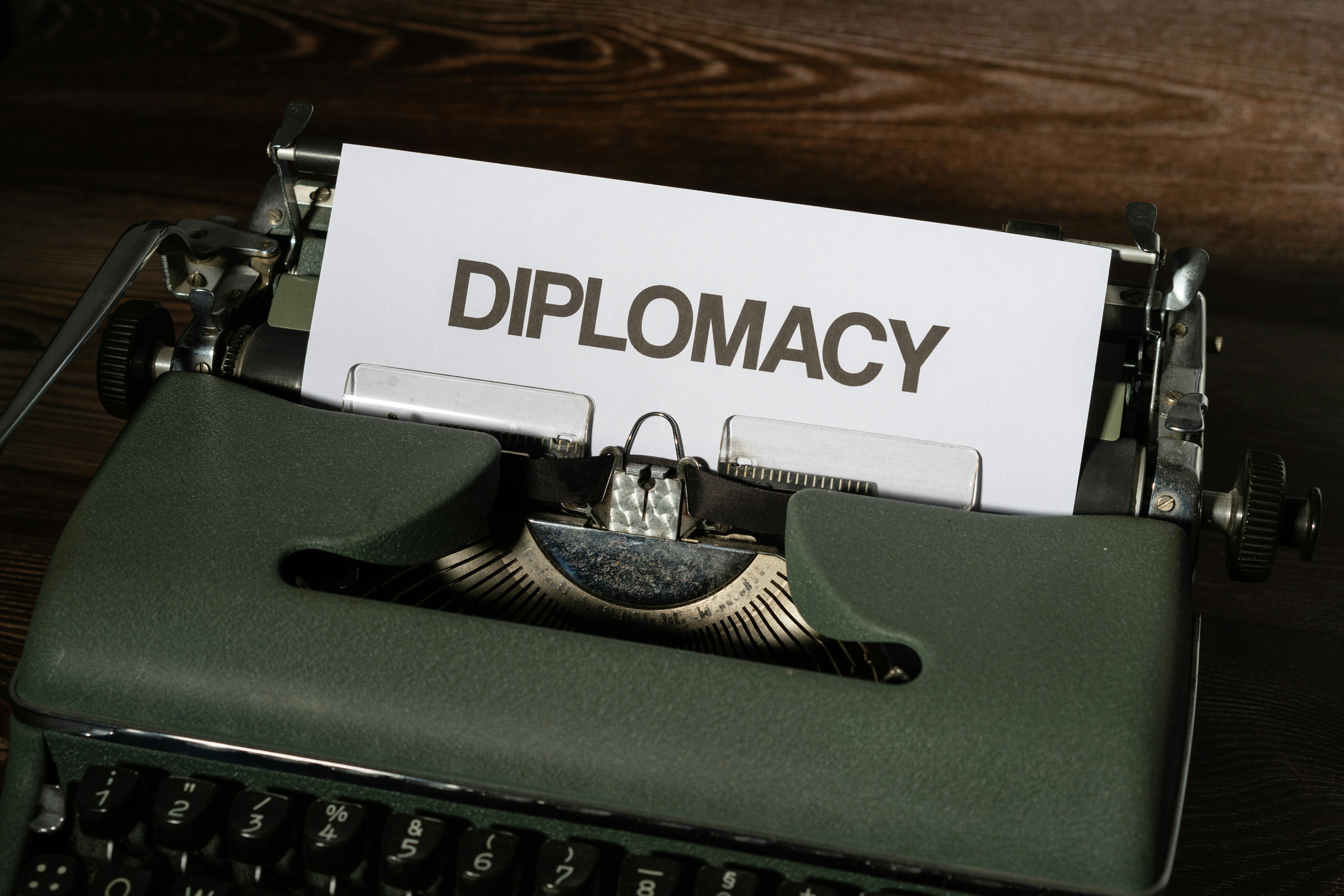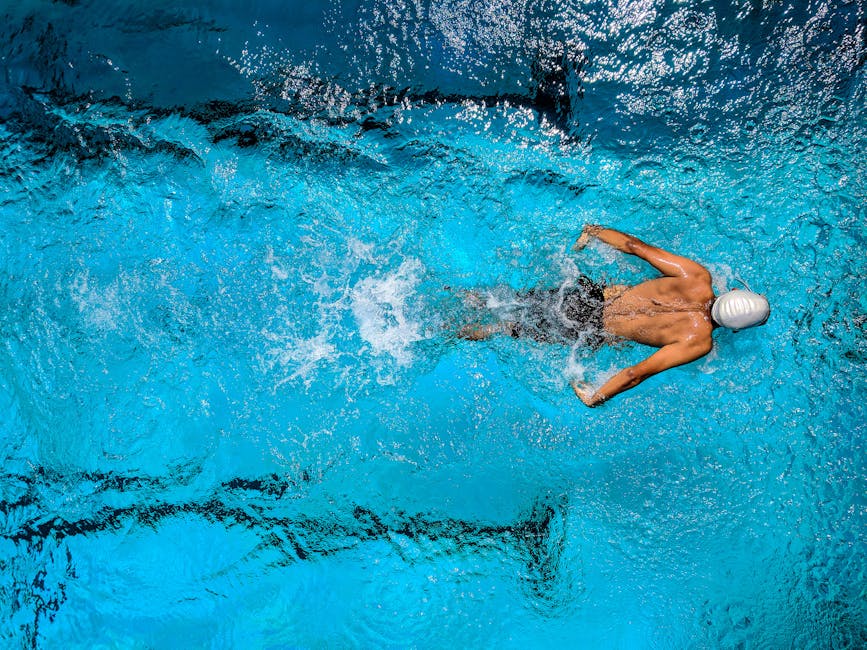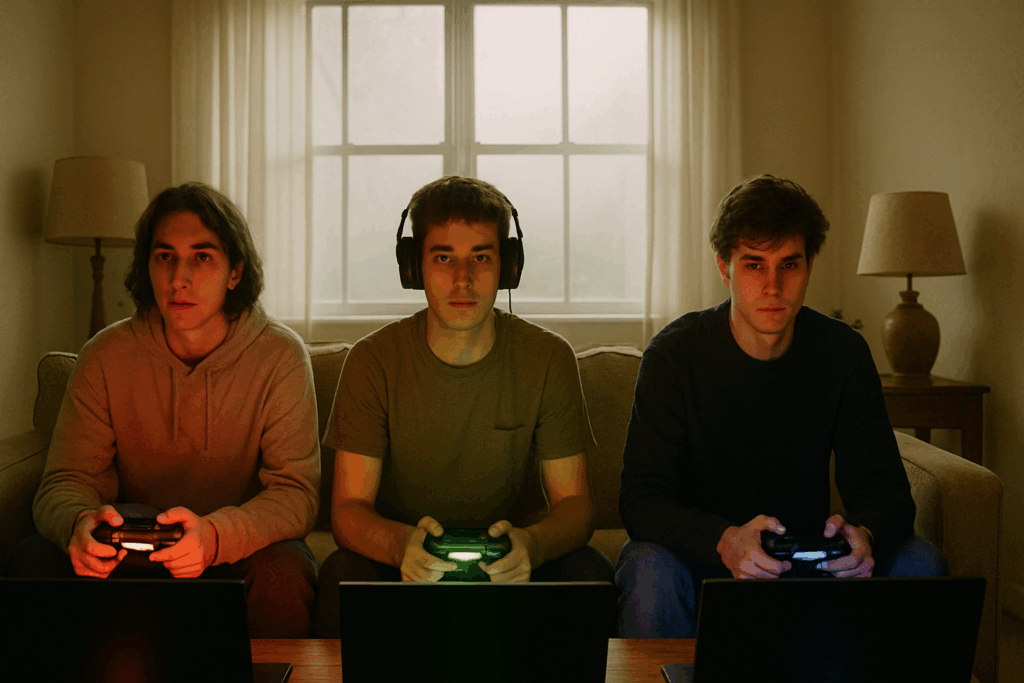What Makes the 2026 Olympic Esports Series Different
Esports isn’t a sideshow anymore. After years of being framed as experimental, the Olympic Esports Series is stepping into the spotlight with full intent. No more demo matches in conference centers or online only showcases. Come 2026, esports will take the global stage alongside traditional sports streamed, standardized, and sanctioned by the International Olympic Committee (IOC).
What’s changed? For starters, the IOC has expanded its definition of sport to consciously include competitive virtual play. This isn’t just a nod to popularity it’s a calculated pivot to where younger audiences already live. The 2026 series will run with real structure: clearly defined tournament formats, physical venues, and strict oversight. The exhibition label has been peeled off.
The games selected tell part of the story. Genre diversity matters. You’ll see titles spanning racing sim (Gran Turismo), team based shooters, real time strategy, and sports simulations. No single ecosystem dominates, which means success hinges on multi discipline planning, not just reflexes or aim. Esports is being treated like any other sport category with events, brackets, rules, and medals.
Why does this matter? Because it sets the tone for everything that follows. Sponsorship will ramp up. Training standards will rise. National federations can finally justify full support. With the IOC’s blessing, esports isn’t just legitimate it’s officially part of global sports culture.
Training Like Traditional Athletes
Gone are the days when grinding all night and surviving on energy drinks passed for preparation. Olympic bound esports teams are entering a new phase: high performance living. That means structured coaching schedules, tailored nutrition plans, and strict sleep routines. The goal is to sharpen focus, prolong stamina, and give players a real edge when milliseconds matter.
Coaches now work alongside dietitians and sleep experts. Meal prep isn’t just healthy it’s timed around scrims and matches. Sleep isn’t optional it’s optimized. Teams are logging REM cycles like it’s match data. Each day is mapped out: warmups, reviews, in game drills, cooldowns. Some players even hit the gym for physical conditioning, not to bulk up, but to build resilience and keep reaction times sharp.
Sports psychologists are also becoming essential. The Olympic stage isn’t just more competitive it’s more visible. With pressure mounting, mindset training is non negotiable. Visualization, breathing work, even cognitive behavioral coaching are part of the regimen. This is a different kind of athlete, but the fundamentals of peak performance don’t change only the interface does.
Tech, Tactics, and In Game Strategy
The gap between great and gold in the Olympic Esports Series may come down to data and how well teams use it. Scrims aren’t just practice anymore; they’re simulations. Teams are leveraging machine learning and AI driven analytics to parse heat maps, reaction windows, and pattern recognition across opponents’ replays. It’s not about playing more it’s about playing smarter.
Hardware also matters. Frame drops or input lag aren’t just annoying they cost games. Top teams are working with vendors to craft custom built rigs synced to optimize specific game titles. From ultra responsive keyboards with microswitch tuning to GPU cooling stacks with surgical precision, nothing’s left to chance.
And then there’s the Olympic rulebook. Unlike typical tournaments, the Olympic Esports Series mandates standardized game builds. That means no last minute patches or surprise balance updates. Every team plays on the same version, forcing them to adapt strategies fast and maximize every ounce of logged practice. It’s a new kind of level playing field and the teams who adapt fastest will define the medal round.
National Representation and International Pressure

Esports has always been about teams first sponsors, org branding, and content houses built for monetization. But the 2026 Olympic Esports Series flips that model. Now, it’s not about the jersey you’ve always worn it’s about the flag you represent. For many orgs, this means sending their homegrown talent into national selection pools and hoping they make the final cut, even if it means going up against teammates.
Nation based tryouts aren’t just popularity contests. They’re built on deep metrics: ladder rankings, recent performance in sanctioned events, scrim data, and psychological testing. Selection committees vary by country, but the trend is clear top tier competitiveness and team cohesion under high pressure count more than a big streaming presence or past glory.
And then comes the grind. Once the rosters are in, practice shifts into Olympic mode. Gone are the branding shoots and content sprints what takes their place is a focus on synergy, strategy, and mental endurance. Representing your country on the Olympic stage is a different kind of weight, and seasoned players are learning that national pride can be both a fuel and a burden.
This pressure cooker environment is exposing a gap not often seen in standard esports seasons: adaptability under nationalism infused stakes. It’s no longer just about winning a championship it’s about carrying the hopes of a nation. And that changes everything.
Player Development and Roster Depth
Building for the 2026 Olympic Esports Series isn’t just about polishing your starting five it’s about preparing an entire roster for pressure, precision, and unpredictability. Smart teams are investing early in scouting and developing next gen talent, snapping up rising stars before they explode on the main stage. These players train in tandem with veterans, learning the meta, adapting to high stakes formats, and grinding through Olympic style practice routines.
Depth matters. Lags, burnout, or mental fatigue can bench even the most seasoned pros. That’s why backups are no longer sidelined they’re strategic assets. Duo synergy is being cultivated in advance: pairs and trios are scrimmaging together constantly to build fast, instinctive coordination that survives the Olympic pressure cooker.
But maybe the biggest separator in 2026 won’t be reaction time it’ll be resilience. Players are training their minds to endure the chaos of global competition. Coaches and sports psychologists are working on tilt control, mindset recovery, and staying locked in whether you’re down 0 2 or playing in front of thirty million viewers.
Scouting and solid roster structure aren’t glamorous, but they’re what turn squads into contenders. For proof, check out the Top 5 Rising Stars in the Esports World Today. They’re not just good they’re ready.
Global Collaboration, Regional Rivalries
As esports marches into the Olympic arena, global teams are grinding harder but smarter. Cross play is no longer just a perk, it’s a must. Teams are building schedules that dodge lag and stretch across hemispheres. Think Korean support mains scrimming at 3 a.m. with North American shotcallers. Everyone’s tweaking practice hours to meet in the middle, syncing time zones for maximum readiness. If you’re not training against global metas, you’re already behind.
Then there’s regional strategy. South Korea leans into discipline and mechanical precision no surprise there. The U.S.? Flex heavy rosters built around star personalities and creative plays. The EU squad is doubling down on hybrid strats and adaptable lineups. Each is gunning for gold, but the paths couldn’t look more different.
And here’s where it gets weird: friendly fire. Many of these players know each other well or used to play on the same team. But under Olympic flags, loyalty reroutes fast. A former duo becomes your lane enemy. That’s the new reality: the same Discord call, now split into rivals. Global respect, local pride. Only one flag flies at the podium, but the prep? That’s coming from all corners of the planet.
Preparing for the Spotlight
The Olympic Esports Series isn’t just a competition it’s center stage. For athletes used to Twitch chats and Discord servers, stepping into global media coverage is a different arena entirely. Teams are investing in media training programs that go beyond surface level talking points. It’s about poise under pressure, answering tough questions without losing your cool, and showing up in front of cameras like it’s second nature.
Branding is getting a serious tune up too. We’re seeing custom graphics packages, coordinated wardrobe choices, and unified visual identities that stretch from in game tags to Instagram feeds. No surprise: sponsors and sports agencies are doubling down on image. These players aren’t just competitors anymore they’re Olympic level ambassadors.
What’s different this time is the intent. Esports pros know this kind of visibility won’t come around often. They’re sharpening their personal brands, refining narratives, and thinking long term. Some are hiring strategic partners, not just agents. Others are collaborating with content teams to document the entire Olympic journey, building a legacy play by play. The goal? Stand out on the world’s biggest stage and cement a place in gaming history.
High Stakes, Real Legacy
For decades, esports battled to be seen as more than a niche. The inclusion of competitive gaming in the 2026 Olympic Esports Series isn’t just a nod it’s a giant marker on the road to global recognition. Olympic gold changes the conversation. It’s no longer just prize pools, stream stats, or YouTube subs. It’s national anthems. It’s medals. It’s history.
For teams, a win in 2026 will validate years of grind and gut checks. Sponsors will rethink their budgets, elevating esports from marketing category to serious investment channel. Cultural perception catches up, too competitive gamers will be celebrated on par with traditional athletes, not just by niche platforms, but on primetime broadcasts worldwide.
But the stakes cut both ways. A poor showing under the Olympic spotlight can shake programs, impact funding, and expose cracks in structure most fans never see. Preparation meets pressure at the highest level. No re dos, no patch updates just raw performance on a fixed version of the game and the world stage watching.
2026 won’t just crown winners. It will separate noise from legacy. The esport orgs that survive this moment won’t just be good they’ll be battle tested, media hardened, and medal valid.



